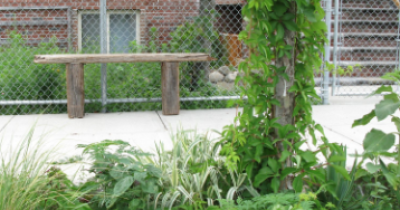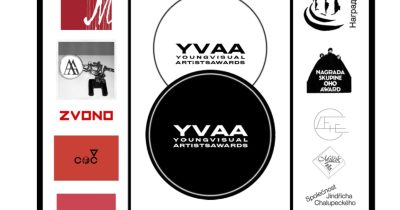New Visions
The Henie Onstad Triennial for Photography and New Media
February 21–May 16, 2020
Henie Onstad Kunstsenter
Sonja Henies vei 31
1311 Høvikodden
Norway
Artists:
Morten Andenæs, Viktoria Binschtok, Lucas Blalock, Lucile Boiron, Asger Carlsen, Louisa Clement, Sara Cwynar, Ingrid Eggen, Roe Ethridge, Victoria Fu, Espen Gleditsch, Andrea Grützner, Annette Kelm, Nico Krijno, Owen Kydd, B. Ingrid Olson, Linn Pedersen, Matt Rich, Erin M. Riley, Maya Rochat, Johan Rosenmunthe, Torbjørn Rødland, Viviane Sassen, Paul Mpagi Sepuya, Timur Si-Qin, Wolfgang Tillmans, Sara VanDerBeek, Hannah Whitaker, Carmen Winant, Letha Wilson and Daisuke Yokota
In line with the avant-garde legacy of the Henie Onstad, we are proud to present a new Triennial that will showcase recent experimental developments in photography and camera-based art more generally, says Susanne Østby Sæther, the Curator for Photography and New Media at the Henie Onstad Kunstsenter in Norway.
The inaugural Triennial for Photography and New Media brings together recent work of 31 international artists. Several works are exhibited for the first time and the Triennial is the first major international presentation of its kind in Norway.
The exhibition foregrounds practices that acknowledge the fluctuating and networked condition of contemporary photography and society more generally. It also articulates a keen sensitivity towards the history of photography and art. Abstraction, digital and manual collage, new configurations of still life and the human body are key tendencies. Produced within the scope of our digital culture, several of the works exemplifies the dissolution of the distinction between the still and moving image and the dimensional and material expansion of the image.
The first edition of the Triennale is titled New Visions, referring to the movement developed by László Moholy-Nagy in the interwar period. In line with the Bauhaus pedagogy, Moholy-Nagy and his peers aimed to employ the qualities intrinsic to the medium in order to transform photography from a reproductive medium into a productive one. And just as photography a century ago was a tool for new perceptions and conceptions of an increasingly mechanized world, today artists frequently use the medium to explore our increasingly computational, information-saturated, and automated surrounds.




